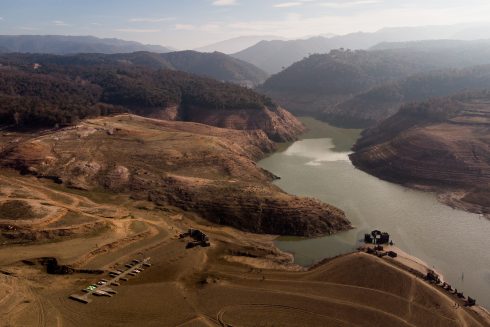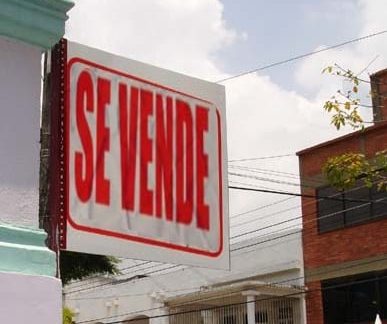THE Spanish government will provide up to €4,000 to those looking to buy low emission cars, it has announced, as a way to boost car sales following the coronavirus crisis.
Pedro Sánchez yesterday unveiled a €3.75 billion plan with 21 measures aimed at helping the automobile industry.
Part of the amount will be direct aid, while €2.7 billion will be provided through soft loans for the sector through the state-owned bank, Instituto de Credito Español (ICO).
The Prime Minister said: “The goal is to mitigate the enormous consequences of COVID-19 in 2020 while we look to the future.”
The direct aid aims to get more polluting vehicles off the roads, while boosting motor vehicle registration.
This comes as the government announced last month its intention to ban all diesel and petrol cars by 2040.
Buyers will receive between €400 and €4,000 from the government to purchase a new car that meets certain requirements, with this subsidy also being matched by manufacturers and dealerships.
The amount of aid will depend on how much pollution a car causes, with those that have low emission receiving a higher amount of money.
In order to be eligible for aid however, a buyer will also have to scrap a car that is at least 10 years old.
Cars that are scrapped and are over two decades old will bring in even more aid for their owners.
According to the government, the average age of a car on Spanish roads at the moment is 13 years old.
Another requirement is that the new vehicle must be among the 45% more fuel-efficient ones on the market.
In addition, the cost of the car cannot be higher than €35,000, or €45,000 for zero-emissions vehicles or those specific for people with disabilities.
Gerardo Perez, President of Faconauto, the car dealership industry association said: “We were asking for an orderly and fair plan, and this one has both ingredients.
“It protects jobs and the environment.”










